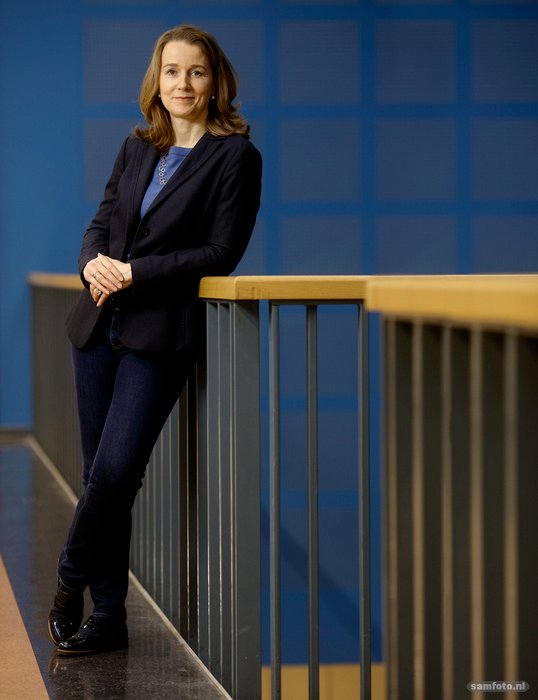Failure is not essential
The Failcon event presents failure as a success factor in entrepreneurship. TU Delft professor Deborah Nas puts that view into perspective: “Not everyone can learn to be an entrepreneur.”
“Congratulations, you’re experienced now”, said the backer of Delft start-up Sunuru when co-founder Jan van Krakendonk pulled the plug on it in 2013. The TU Delft alumnus explained about it at the Amsterdam version of Failcon in 2014, which focused on learning from mistakes. Failcon never returned to the Netherlands after that. So, is failure really a success factor for start-ups?
Deborah Nas, innovation consultant and professor of strategic design for technology-based innovation in the Faculty of Industrial Design Engineering, does not see failure as a holy grail. However, she does consider a culture in which failure is accepted to be a precondition for innovation, not only for start-ups. “Of course, someone who starts a company doesn’t want to fail, but not everyone can make a success of it. Not everyone can learn to be an entrepreneur. You need to be talented, extrovert, focused on value and less on product, capable of effective cooperation, open to feedback and always looking for external input.”
Seven start-ups out of ten are destined to fail, explains Nas, two perform reasonably and one becomes a success.
Many young companies apply the lean start-up method, where some see failure as part of the innovation process: pivot or persevere. Nas sees things differently: “Pivoting is not something I see as failure. It's demonstrating the necessary flexibility. ” However, start-ups can fail for multiple reasons. Nas thinks there are several main categories. There may be an issue with the value proposition, as a result of which a product or service is not distinctive enough. Team dynamics and failure to find funding in time are also key factors. Technological start-ups tend to lack commercial skills. And sometimes an idea may be technically too complex or too expensive. “You must be able to make a growth spurt or scale-up within around ten years, or it will often not be considered a success.”
Nas is a fan of start-ups, but feels that the ‘start-up scene’ is seen as the holy grail. She sees increasing numbers of students who consider starting a company as a better option than working for an existing one. “Many go for it despite the fact that they’re not really entrepreneurs. That can mean incredibly hard work with little chance of success. The upside is that entrepreneurs experience a very steep learning curve, even if they fail.”
